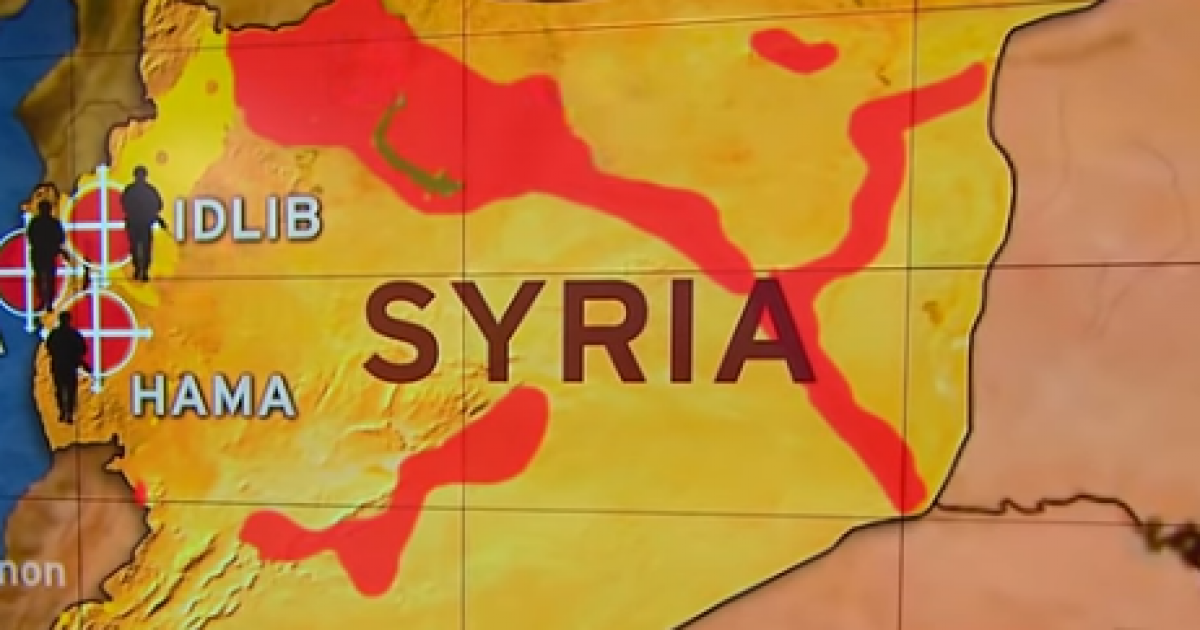
After increased encounters between American and Russian military vehicles in northeast Syria, with one incident having vehicles ramming intt each other, more mechanized infantry units were ordered into Syria on September 18. These included Bradley Fighting Vehicles.
“CJTF-OIR plans to position mechanized infantry assets, including Bradley Fighting Vehicles, to Syria to ensure the protection of Coalition forces and preserve their freedom of movement so they may continue Defeat Daesh operations safely,” the Pentagon declared in a press release.
ZeroHedge reported what might the real reason for this kind of expansion:
Ostensibly the counter-ISIS mission was offered as the prime rationale, but it’s clear it has more to do with the ratcheting cat-and-mouse encounters between US and Russian forces, which could at any moment result in an exchange of fire incident.
Weirdly, Trump said to White House reporters that “we are out of Syria” but troops only remain the area with the task of “guarding the oil.”
According to a report from The New Arab, Russia is making more moves to get involved in Syria and shape its overall political outcome.
Russian Foreign Minister Sergey Lavrov’s recent visit to Syria has been seen as a major turning point in relations between Syria and Russia that could potentially turn the tide in favor of Bashar Al-Assad’s government.
Due to the impact sanctions are having on the Syrian economy, Moscow wants to find a quick solution to the Syrian crisis that guarantees stability but also prevents Damascus from being internationally isolated.
“Russia has now thrown its weight behind the UN supported Syrian Constitutional Committee, which involves members of the regime, opposition, and civil society and viewed as perhaps the best solution on offer to ending the war,” The New Arab report concluded.
Given these facts on the ground, the U.S. should do everything possible to pull out of Syria.
There are no pressing national interests in the region and the U.S. should prioritize getting its domestic house in order.



